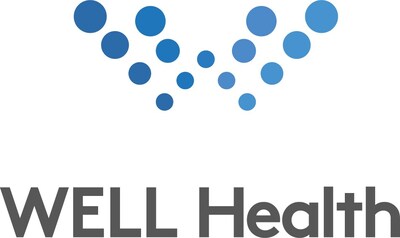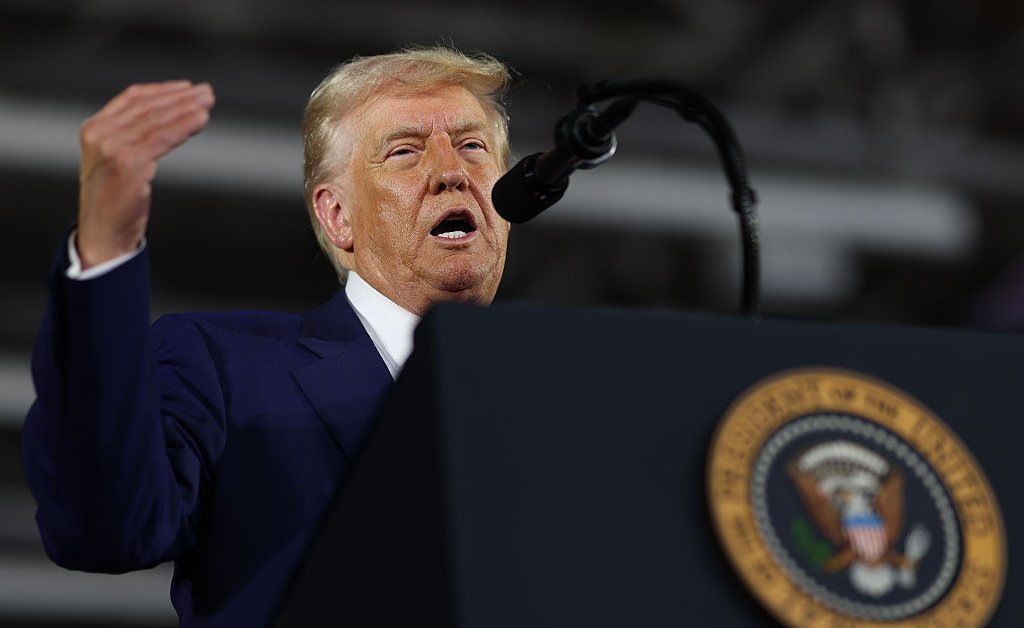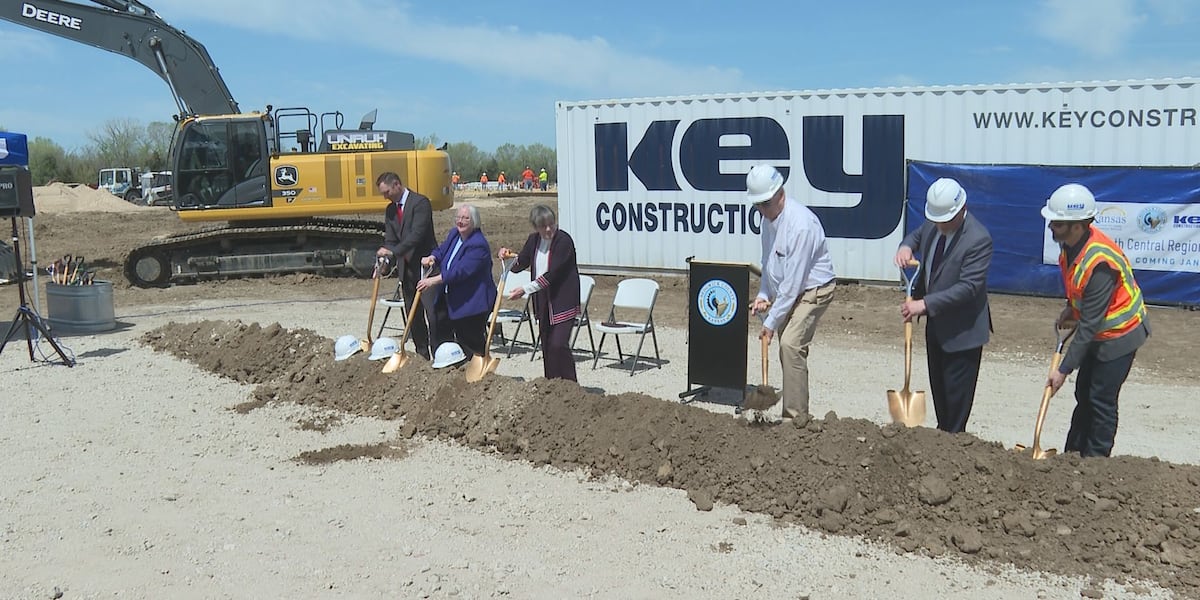WTC Health Program Funding Under Fire: NY Senators Blast Trump Administration's Cuts
Health
2025-04-06 21:05:54Content

In a passionate defense of 9/11 first responders and survivors, U.S. Senators Chuck Schumer and Kirsten Gillibrand have launched a forceful campaign against staff reductions at the World Trade Center Health Program. The New York lawmakers are demanding that the Trump administration immediately reverse personnel cuts that could potentially compromise critical healthcare services for those who heroically responded to the September 11th terrorist attacks.
The senators argue that these staff cuts threaten the vital medical support system designed to care for first responders, survivors, and recovery workers who continue to face significant health challenges stemming from their exposure to toxic conditions at Ground Zero. By challenging these reductions, Schumer and Gillibrand are standing up for the brave men and women who risked their lives in the aftermath of the worst terrorist attack on American soil.
Their urgent plea highlights the ongoing commitment to supporting those who were on the front lines during one of the most traumatic moments in recent U.S. history, ensuring that the healthcare program remains robust and fully capable of meeting the medical needs of 9/11 survivors.
Senators Demand Restoration of Critical WTC Health Program Staffing
In a powerful display of legislative advocacy, two prominent New York senators have taken a decisive stand to protect the health and well-being of 9/11 first responders and survivors. Their urgent call to action highlights the critical importance of maintaining comprehensive healthcare support for those who suffered in the aftermath of the devastating terrorist attacks.Defending Heroes: A Crucial Battle for Healthcare Preservation
The Political Landscape of Healthcare Support
The ongoing struggle to maintain robust healthcare support for 9/11 survivors represents a complex political and humanitarian challenge. Senators Chuck Schumer and Kirsten Gillibrand have emerged as unwavering champions for those who continue to bear the physical and emotional scars of that tragic day. Their intervention comes at a critical moment when the WTC Health Program faces potential staffing reductions that could significantly impact the care available to thousands of survivors and first responders. The program, established as a lifeline for those exposed to toxic environments during and after the September 11 attacks, has been a crucial support system for individuals who risked everything to save lives and protect their community. The proposed staff cuts threaten to undermine years of dedicated medical support and research, potentially leaving vulnerable populations without essential healthcare resources.Impact on First Responders and Survivors
The potential staffing reductions represent more than just administrative changes – they strike at the heart of a community that has already endured immeasurable suffering. First responders, including firefighters, police officers, emergency medical personnel, and recovery workers, continue to face significant health challenges directly linked to their heroic efforts on and after 9/11. Medical experts have documented numerous long-term health conditions resulting from exposure to toxic debris, including respiratory diseases, cancer, and complex psychological trauma. The WTC Health Program has been instrumental in providing specialized care, conducting critical research, and offering comprehensive support to those most affected by the attacks.Political Advocacy and Healthcare Preservation
Senators Schumer and Gillibrand's demand represents a critical intervention in protecting a vulnerable population. Their unified approach demonstrates the power of political representation in addressing healthcare challenges. By challenging the proposed staff cuts, they are sending a powerful message about the ongoing commitment to those who sacrificed everything during one of the most challenging moments in American history. The senators' efforts extend beyond mere political posturing. They are fighting to ensure that the promise made to 9/11 survivors and first responders remains intact – a commitment to comprehensive, compassionate healthcare that acknowledges their extraordinary service and ongoing struggles.The Broader Implications of Healthcare Support
This battle goes far beyond the immediate concerns of staffing and budget. It represents a broader conversation about how society values and supports those who put themselves in harm's way to protect others. The WTC Health Program stands as a testament to the nation's ability to care for its most vulnerable and heroic citizens. The potential staff cuts raise critical questions about healthcare funding, long-term medical support, and the ongoing responsibility to those who have suffered in service to their community. It challenges us to consider the true cost of heroism and the moral imperative to support those who have given so much.RELATED NEWS
Health

Breaking: Iowa State Unveils Cutting-Edge Degree to Supercharge Healthcare Workforce
2025-03-04 14:39:29







